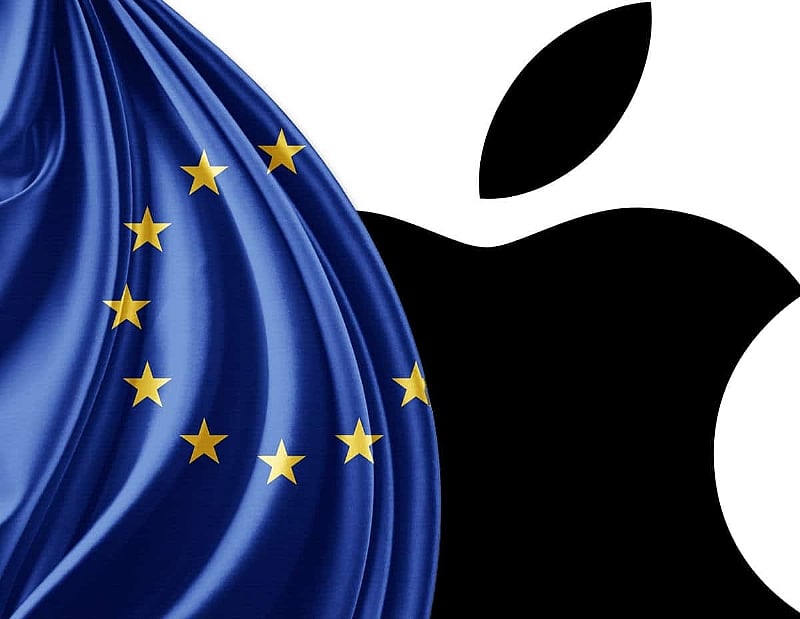In a landmark decision, the European Court of Justice (ECJ) has mandated that Apple Inc. repay €13 billion (approximately £11 billion or $14 billion) in unpaid taxes to Ireland, addressing claims of illegal tax advantages extended to the tech giant. This ruling comes after an extensive legal battle initiated by the European Commission back in 2016, which accused Ireland of providing Apple with discriminatory tax arrangements that enabled it to significantly reduce tax liabilities. The Irish government has consistently contested the necessity of repaying this amount, arguing its compliance with international tax laws. This recent judgment by the ECJ confirms the Commission’s earlier findings, stating that Ireland’s favorable tax treatment for Apple constituted unlawful state aid that must be recovered.
The ECJ’s ruling comes on the heels of Apple’s recent unveiling of its iPhone 16 range, highlighting the juxtaposition between the company’s focus on innovation and growth, and its legal obligations regarding taxation in the EU. An Apple spokesperson emphasized the company’s commitment to paying taxes wherever it operates, rejecting allegations of receiving a special deal or avoiding tax responsibilities. Apple asserts that the essence of the case revolves around the interpretation of tax jurisdictions rather than the absolute amount of tax paid. This sentiment underscores the ongoing contention between multinational corporations and regulatory bodies regarding acceptable tax practices and the legality of preferential treatment extended by state governments.
This case traces its origins back to 1991 and spans until 2014, focusing on the tax arrangements concerning two of Apple’s subsidiaries operating in Ireland. The European Commission’s concerns stemmed from the fact that these arrangements allowed Apple to effectively isolate a large portion of its profits from the traditional corporate tax framework, thereby securing an undue competitive advantage over other businesses operating in the EU. Moreover, the ECJ’s ruling clarifies that such arrangements violate EU laws designed to ensure fair competition and equality among businesses.
Despite this setback, Apple expressed its disappointment with the ECJ’s decision, particularly in light of a previous ruling by the General Court, which had annulled the case, favoring Apple and Ireland’s stance. The reversal by the ECJ highlights a history of legal complexity and differing interpretations of tax law, particularly in the context of multinational corporations. The case exemplifies the clash between corporate financial strategies aimed at minimizing tax liabilities and governmental efforts to ensure fair taxation practices.
In addition to Apple’s ongoing tax challenges, the ECJ also levied a €2.4 billion fine on Google for monopolistic practices related to its shopping comparison service. This outcome demonstrates a broader trend within the EU to staunchly enforce competition laws against major tech firms that leverage their market dominance to restrict competition. Google’s case, much like Apple’s, underscores the EU’s rigorous approach to regulating the activities of multinationals and protecting smaller companies from potentially predatory practices.
Ultimately, the ECJ’s ruling signals a determined effort by European regulators to uphold tax equity and address perceived injustices in international tax arrangements. As the legal landscape continues to evolve concerning multinational corporations, both Apple and Ireland are left to navigate the future implications of this decision. The ongoing challenges presented by tax compliance and regulation for large tech companies will likely remain a focal point for European policymakers, as they strive to balance encouraging economic investment while ensuring sufficient tax revenue and fair competition within the market.


